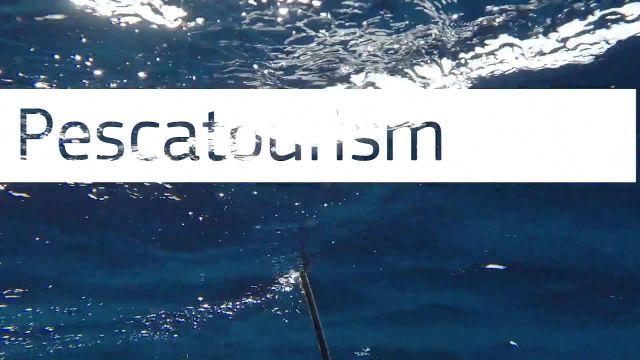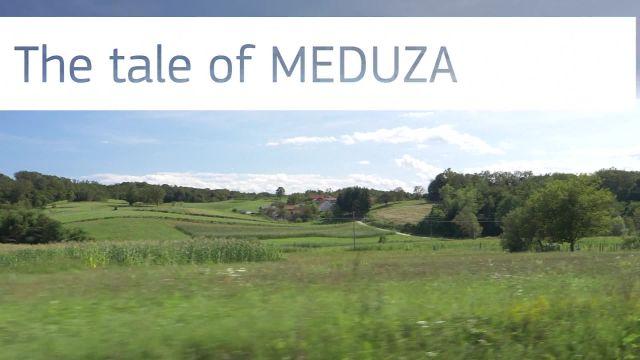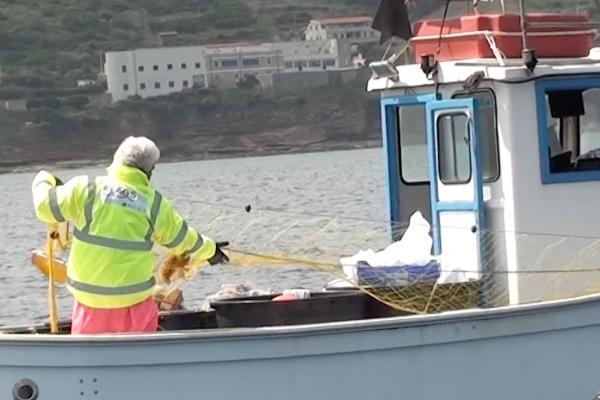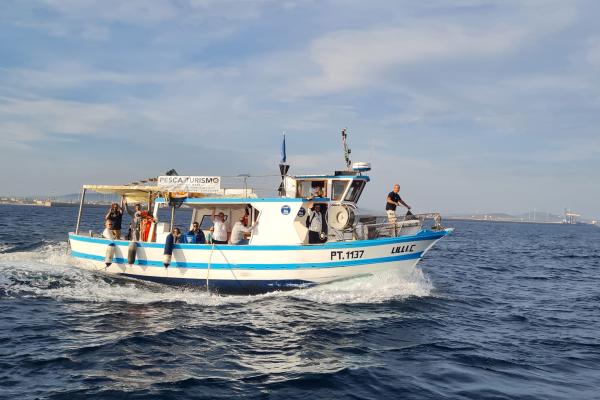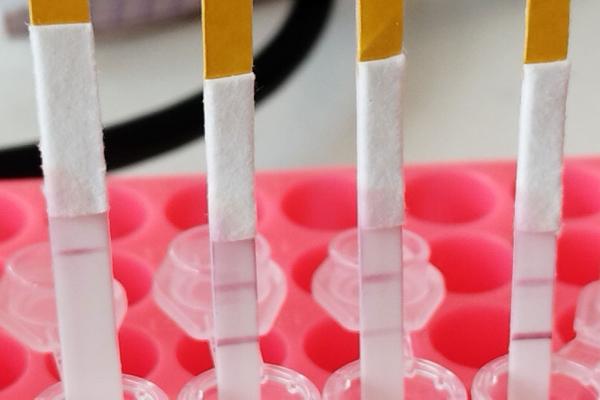FAMENET (Fisheries and Aquaculture Monitoring, Evaluation and Local Support Network) supports stakeholders in the implementation of the European Maritime and Fisheries Fund (EMFF) and European Maritime, Fisheries and Aquaculture Fund (EMFAF).
FAMENET merges the support previously provided by FAME and FARNET in three core areas:
- monitoring and evaluating the implementation of the EMFAF and the EMFF.
- implementing community-led local development (CLLD) in fisheries and aquaculture areas to foster a sustainable blue economy.
- communicating on the results of the EMFF and EMFAF through written stories and videos, and supporting the INFORM EU network.

- Factsheet
- Directorate-General for Maritime Affairs and Fisheries
The key mission of FAMENET is to support stakeholders in the implementation of the European Maritime, Fisheries and Aquaculture Fund (EMFAF). This factsheet introduces the FAMENET Support Unit, its role and objectives, as well as outlining the structure of the FAMENET team and its resources.
FAMENET frequently asked questions (FAQs)
Frequently asked questions on the programming, monitoring and evaluation of the European Maritime and Fisheries Fund 2014-2020 (EMFF) and the European Maritime Fisheries and Aquaculture Fund 2021-2027 (EMFAF)
Events
FAMENET organises events for managing authorities, experts and other bodies to communicate on the latest working papers, foster dialogue and capacity building between stakeholders and ensure all Member States receive the support they need.
Monitoring and evaluation
FAMENET
- supports stakeholders in the implementation of the European Maritime, Fisheries and Aquaculture Fund
- support the development of the Monitoring and Evaluation Framework (MEF) under the EMFAF
- collect and manage the data on the implementation of the Programmes
- organise capacity-building meetings on EMFAF implementation
- offer technical assistance on the reporting, monitoring and evaluation of the EMFF and EMFAF national programmes, including support to managing authorities and the European Commission.Reports and publications
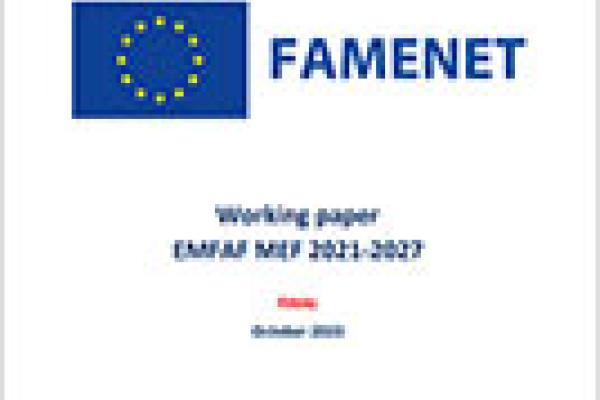
- Highlighted
- Working document
- Directorate-General for Maritime Affairs and Fisheries
This working paper builds on the lessons learnt from the CMES 2014-2020. It creates a common reference document for all the elements of the monitoring and evaluation framework (MEF) in the 2021-2027 period.
Community-led Local Development (CLLD)
Funded by the European Union, CLLD or ‘community-led local development’ is a bottom-up approach to local development that brings local people together to decide how they want to improve their area. They do so by setting up partnerships of civil society, businesses and public bodies, called Local Action Groups (LAGs). FAMENET supports a network of around 350 LAGs across the EU in the implementation of their local development strategies under the EMFF and EMFAF.
The work previously performed by FARNET, the network of people implementing CLLD for the 2014-2021 period, is still accessible on the FARNET website.
Cooperation
Cooperation is core to the CLLD approach of participative, local development. Cooperating with local groups from other areas can allow LAGs to find the complementarities or critical mass to increase the impact of their actions or transfer existing solutions or knowledge from one area to another. If you are a LAG Manager and want to exchange with other LAGs on cooperation ideas, join our LAG Manager Linked-In Group. You can also contact us directly with your cooperation idea at CLLD famenet [dot] eu (CLLD[at]famenet[dot]eu)
famenet [dot] eu (CLLD[at]famenet[dot]eu)
Success stories
FAMENET communicates the successes of the EMFF and EMFAF, through the collection of good practices and stories, to a wide range of audiences.
Working papers, reports and publications
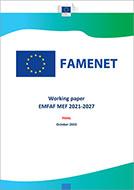
- Highlighted
- Working document
- Directorate-General for Maritime Affairs and Fisheries
This working paper builds on the lessons learnt from the CMES 2014-2020. It creates a common reference document for all the elements of the monitoring and evaluation framework (MEF) in the 2021-2027 period.
- General publications
- Directorate-General for Maritime Affairs and Fisheries
Report on Fisheries Innovation Funding Under the EMFF
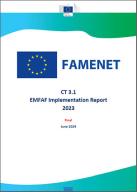
- Report
- Directorate-General for Maritime Affairs and Fisheries
December 2023
Good practices
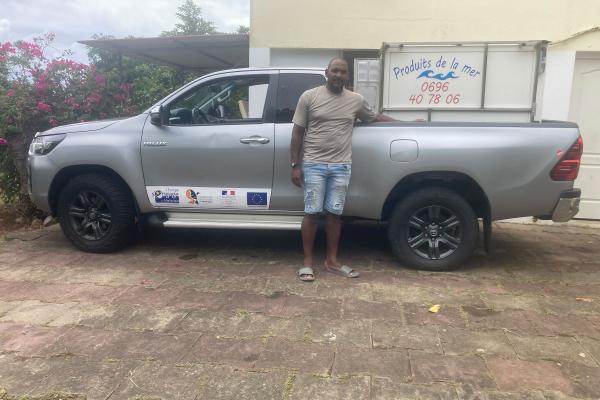
Small-scale fisher brings better quality fish products direct to consumers thanks to a refrigerated van and other investments to handle and stock his catch.
- Project locations
- France
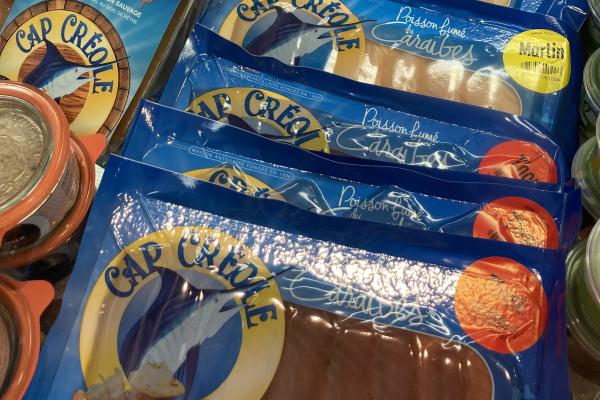
EU funds are helping a fish processor in Guadeloupe to continuously innovate with a wide range of products while improving working conditions for its staff.
- Project locations
- France
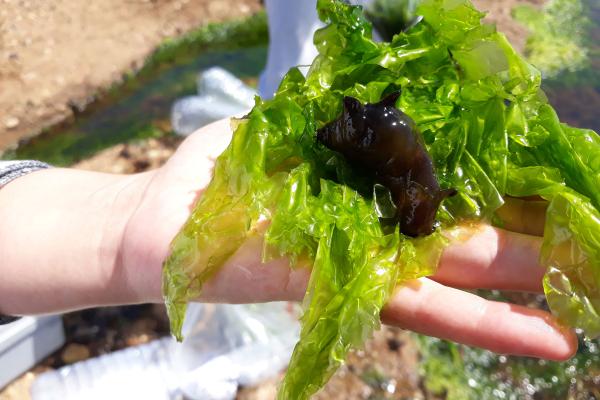
The ALGADEPUR project has developed a way for small and medium-sized aquaculture businesses to grow seaweed as a new commercial product while reducing the environmental impact of fish farm effluent.
- Project locations
- Portugal

